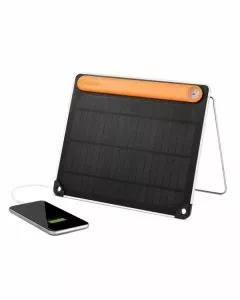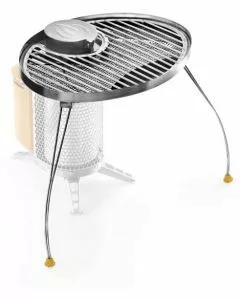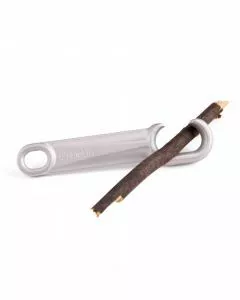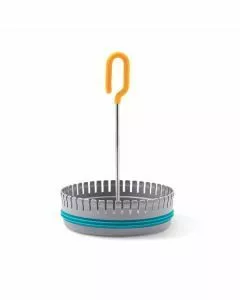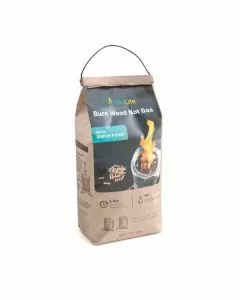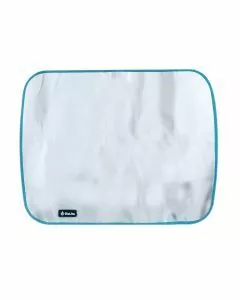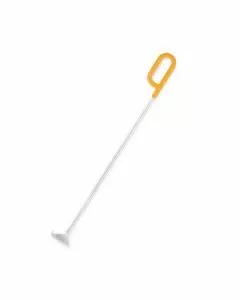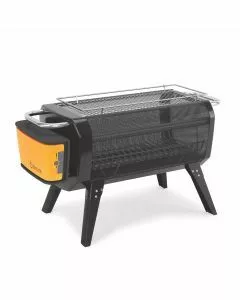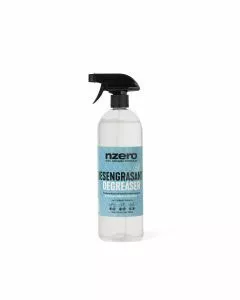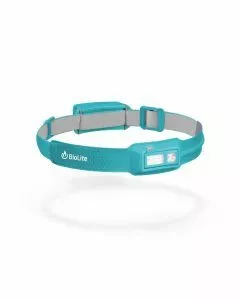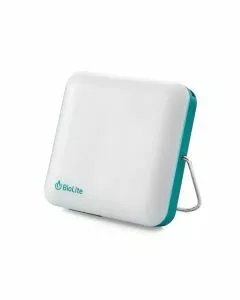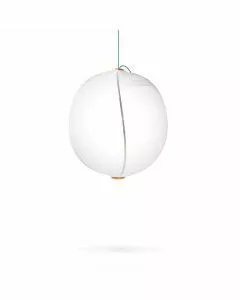Get 10% off and be the first
to discover new brands!
Coffee. It’s a craze that seems to never stop growing. Just like the plastic problem, which the cups, lids and stirrers of a throw away coffee culture all contribute towards.
This five point guide to the best and worst disposable coffee cup alternatives is written in collaboration with the CRCLR Agency, who support local gastronomy in the Neukölln area of Berlin in finding sustainable solutions. Through this and other projects CRCLR works towards making Berlin more circular.
1. Stay In Instead of Taking Out
Still the most sustainable way to drink coffee is to take your time instead of taking away. Staying in and relaxing is not only better for the environment, but it’s good for your peace of mind too. After all, it’s only since the pace of modern life picked up that to-go culture evolved to keep up with it. And if time really is tight, you can always do it the Italian way by ordering an espresso.
2. Insulated Cup or Flask
Despite our belief that going slow is generally a more sustainable approach to life, there are of course times when taking away is more convenient. Therefore, The Fair Cottage recommends owning a steel insulated flask, such as a Klean Kanteen. The advantages of which are:
- It’s more hygienic due to ownership. More often than not it’s only your mouth that touches it!
- Flasks are multi-functional and can be used for different types of beverages.
- A well made insulated flask can keep drinks warm for up to 12 hours or cold for up to 24 hours.
- Insulated flasks have tight seals, helping to prevent rucksack disasters.
- A flask made exclusively of steel (or another metal) makes it easier to recycle at the end of its useful life.
Watch out for flasks with lids made from a mix of materials such as steel, plastic or bamboo. The more elements that go into a component, the harder it is to recycle it.
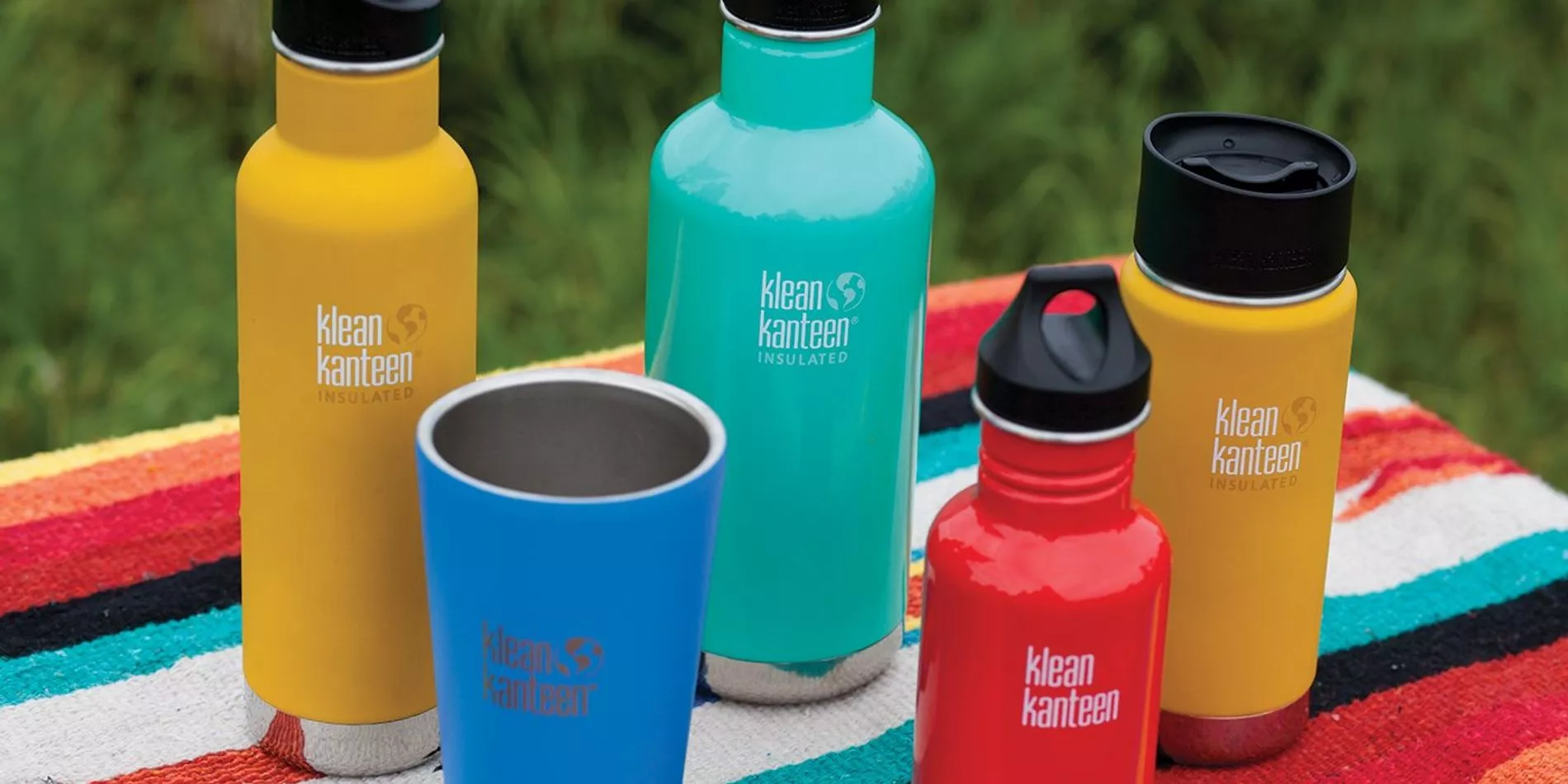
3. Recyclable Non-insulated Keep Cups
In third place are coffee cups made from a single material like glass, ceramic or recyclable plastic, or a combination of materials that can be easily separated and recycled. Just like the KeepCup Brew - Cork Edition, which combines a tempered glass vessel with a recyclable polypropylene lid and a biodegradable cork band for for protection against heat and slippage.
We prefer this design over the standard Keep Cup, which uses non-recyclable silicone for the band instead of cork. While these types of cup do not have the same thermal insulation properties as flasks, there are some other handy advantages:
- Hygienic
- Cheaper compared to insulated cups or flasks.
- The cup size and shape is better suited to smaller coffees and it is easier to clean than a flask.
- For others based in beautiful Berlin, the 900+ Better Word Cup partners across the city offer treats and up to 50c discount to customers who bring their own cup.
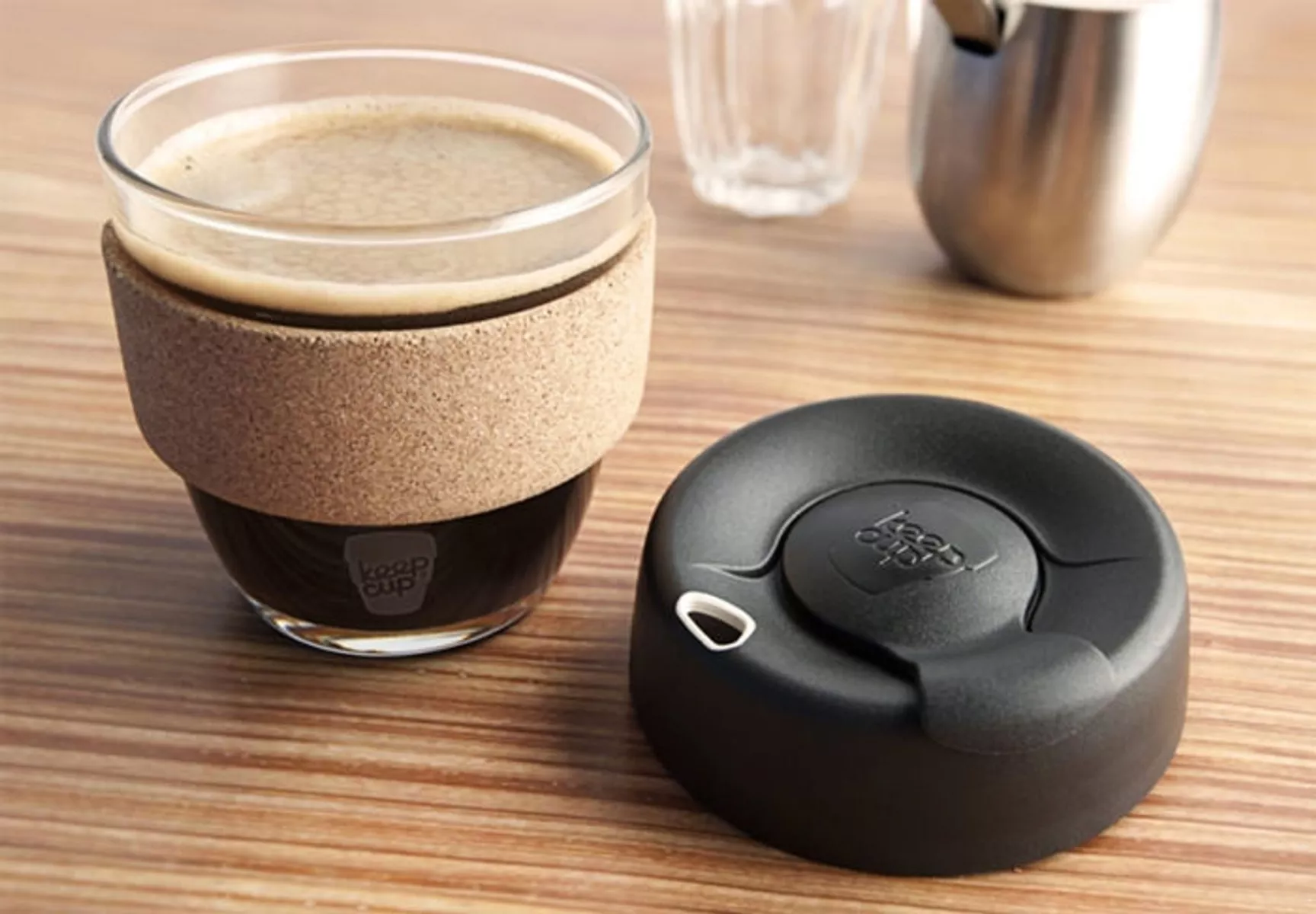
4. Deposit Cup Schemes
Deposit cup schemes are a great way to take a coffee to go if you don’t own a reusable cup or flask. The basic idea is for the customer to pay a small deposit, normally around €1, to loan the plastic cup containing their coffee of choice. The cup can be returned to any of the scheme’s participating partners.
With the success of German deposit cup schemes like reCup and Fair-Cup, with over 2000 and 650 partners respectively, The Fair Cottage expects to see similar projects, with the below listed benefits sprouting up across Europe.
- Polypropylene health-safe design.
- Mobile apps make it easy for consumers to locate and discover participating partners.
- Retailers save on the cost of disposable cups, with scalability reducing costs even further.
- Cups can be used for other products such as muesli, salads or smoothies and can withstand at least 500 uses before being recycled.
- With about 2.5 billion disposable coffee cups binned annually by Birtons alone, such schemes have the potential to divert huge quantities of waste from landfill.
While the introduction of such schemes is an undeniably positive step towards circularity, it still requires the production of millions of plastic cups, some of which will inevitably fall out of the loop and need to be replaced. This might not be so bad if EU law did not impose a 10% limit on the amount of recycled material permitted in the production beverage cups, meaning all new and replacement cups must be made from at least 90% virgin material.
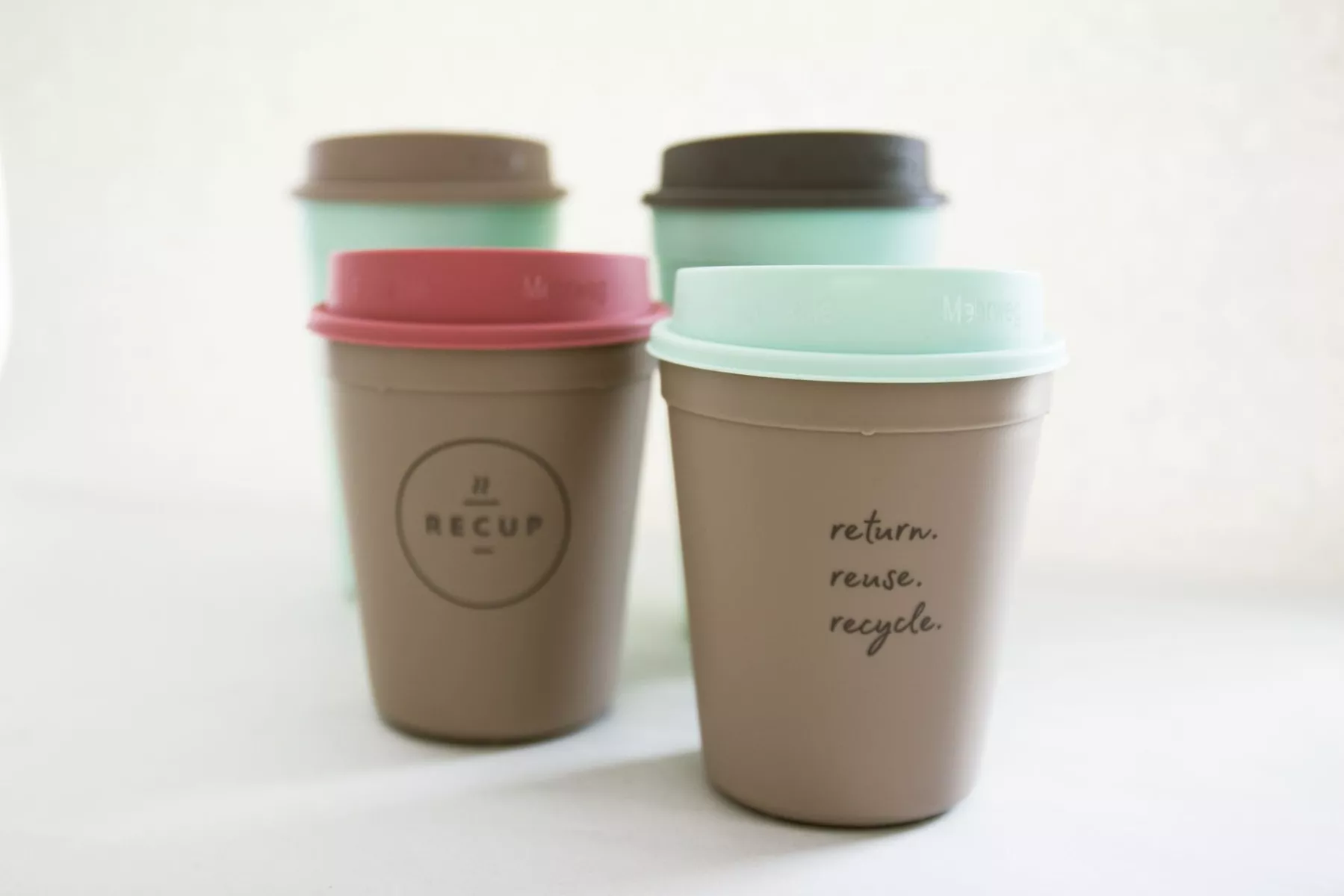
5. Hybrid Bamboo / Plastic Cups
A hybrid material cup is made with a mix of materials from the technosphere and the biosphere, ostensibly to produce a more sustainable product. So heavy way the cons of cups in this category that we cannot recommend them at all, with most being nothing more than blatant examples of greenwashing.
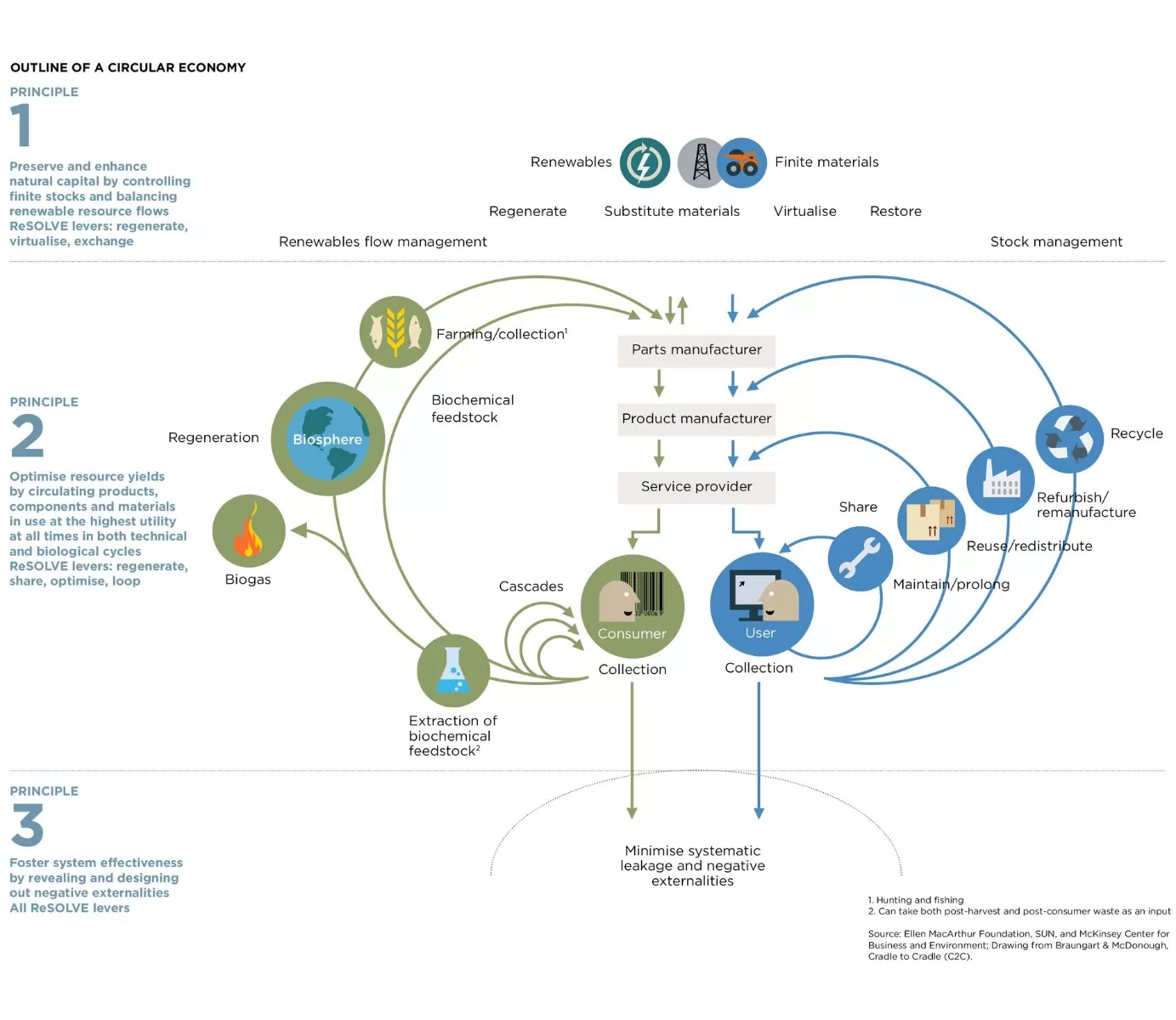
The problem is, that by mixing a biodegradable material like bamboo, which is naturally biodegradable, with a plastic like polypropylene, which is inherently recyclable, you end up with a composite material that is neither biodegradable nor recyclable. The only option at the end of the product’s useful life is to incinerate it. Not a very sustainable solution!
Other disadvantages which often apply to this type of cup include:
- Cups often come with silicone lids and bands which cannot be recycled.
- Material descriptions can deliberately mislead consumers. There can be as a little as 20% organic material versus plastic.
- In some cases the type of plastic used is melamine resin, a polymer consisting of melamine and formaldehyde, which can escape at high temperatures and are harmful to health
We hope this article has helped you to find the right cup for your needs. Though, as proven by the confusion requests for coffee in reusable cups so often cause, there is still a big awareness gap regarding single use plastic. Thankfully, reusable coffee cups have a valuable secondary function. They make for great conversation starters! Why not use yours to get people on the same wavelength?
Click here to find out how coffee waste can keep you warm, follow this link to discover ways to cut down on your plastic use, or stay with us for our article on building a sustainable lifestyle kit, coming soon.
Here you can find out more about CRCLR and how their sustainable projects help bring circularity to Berlin.



